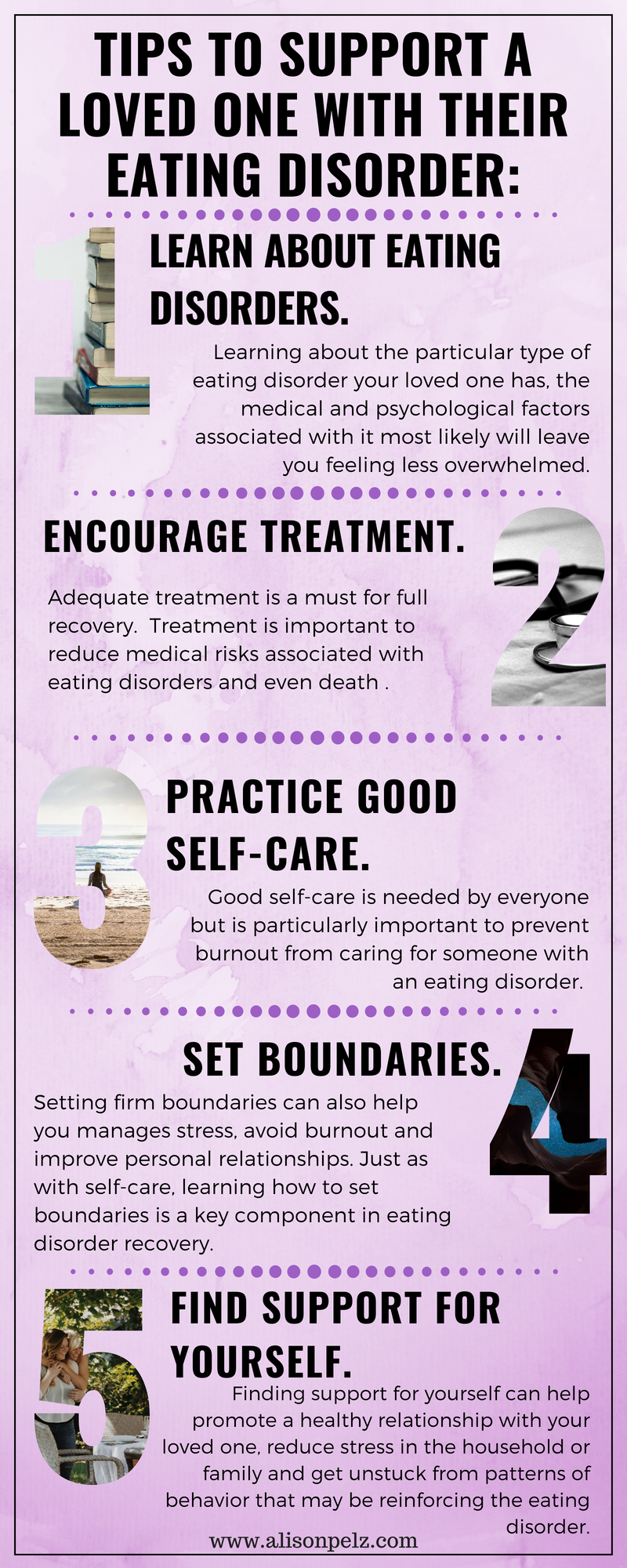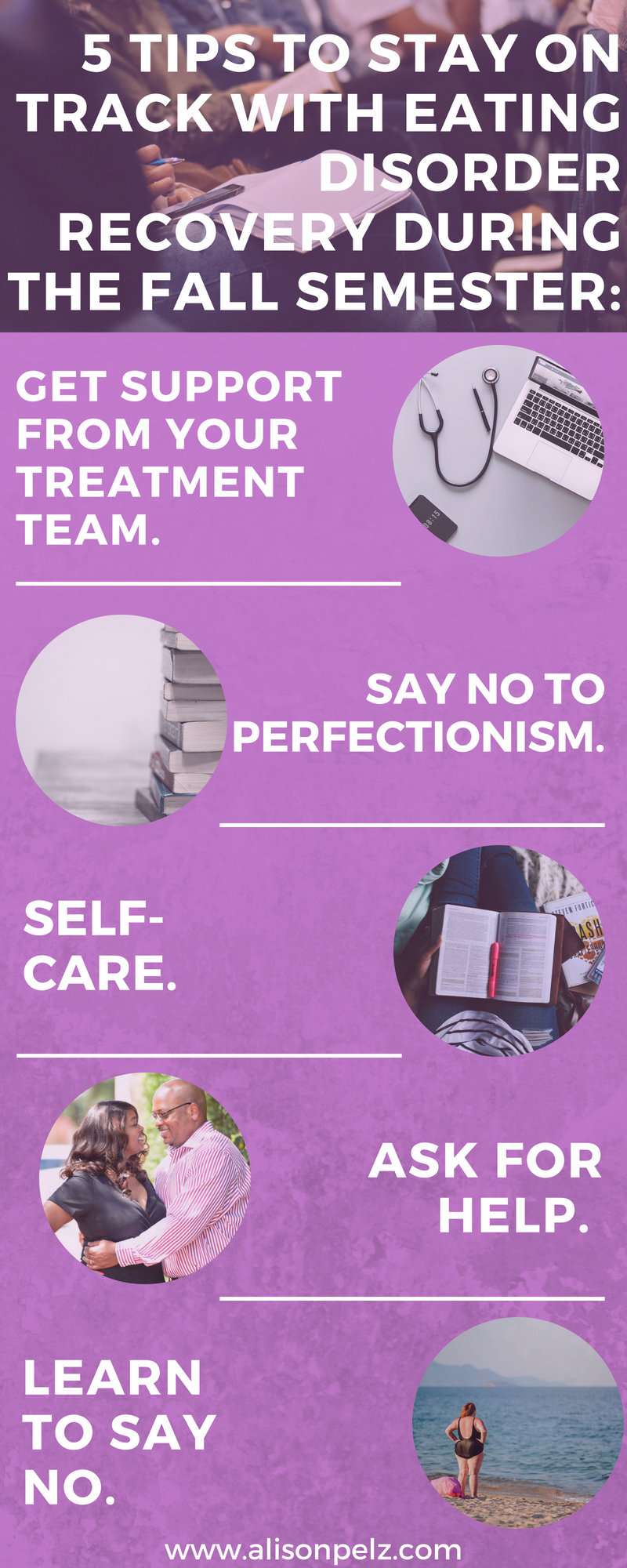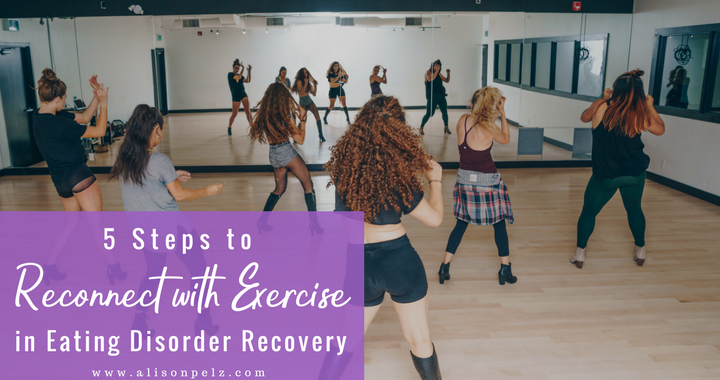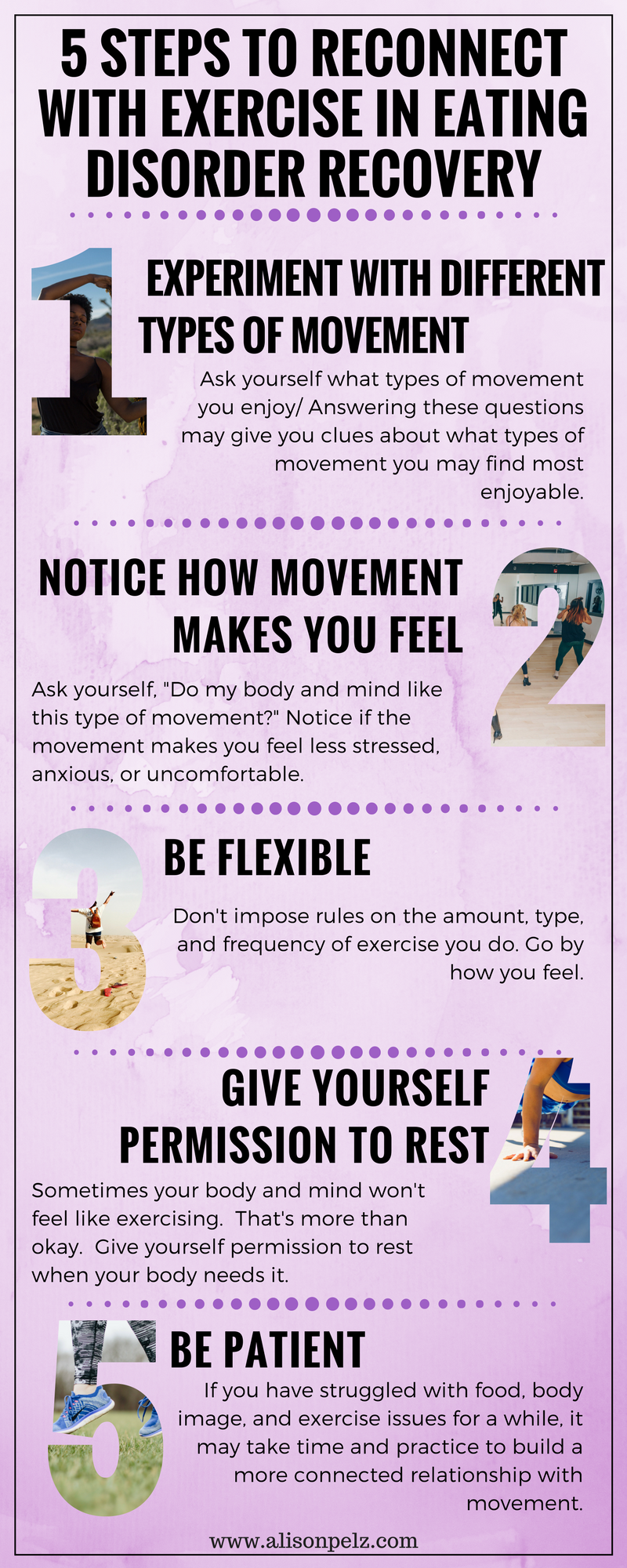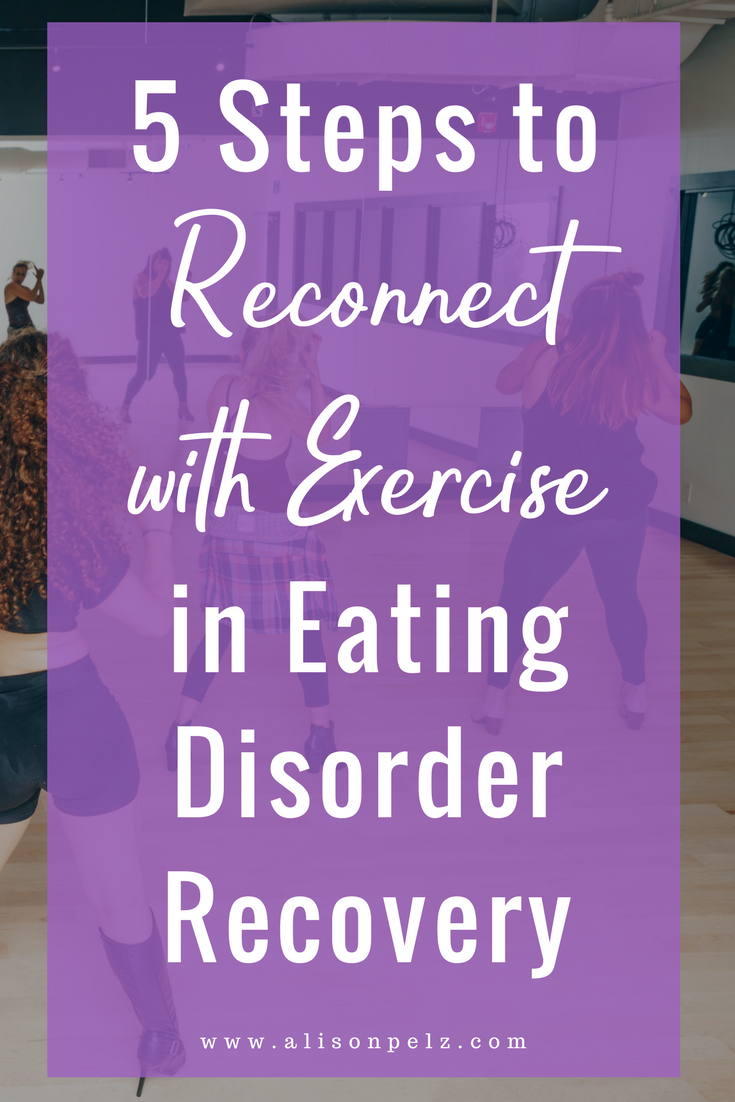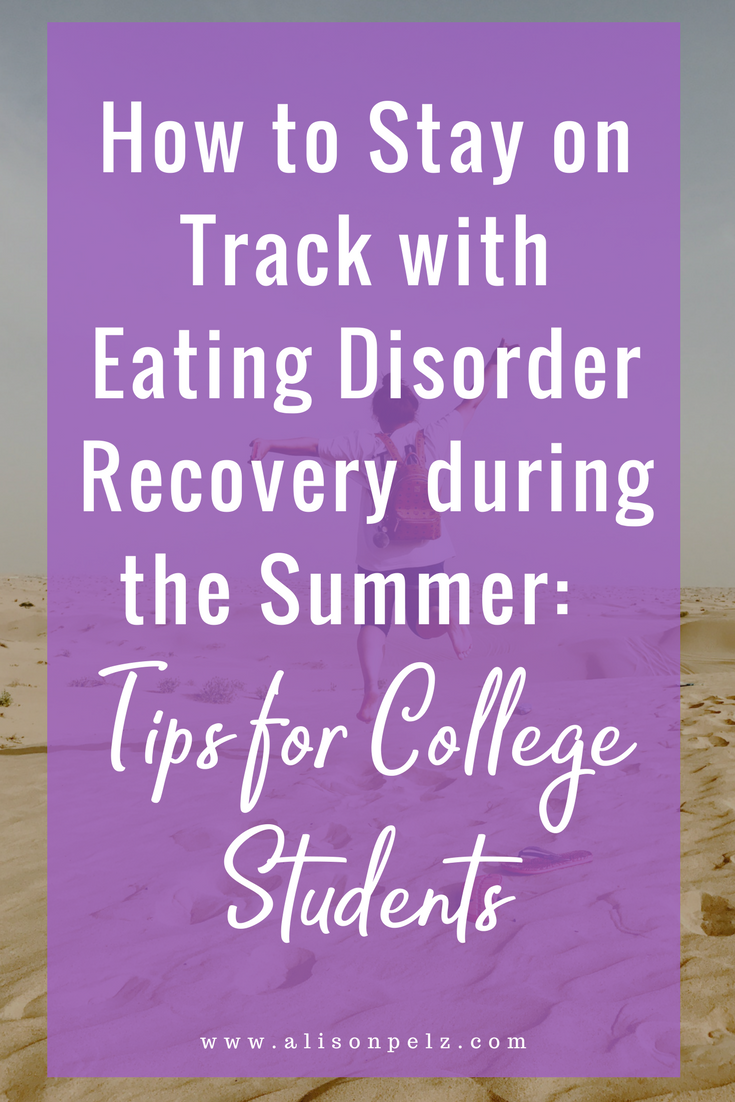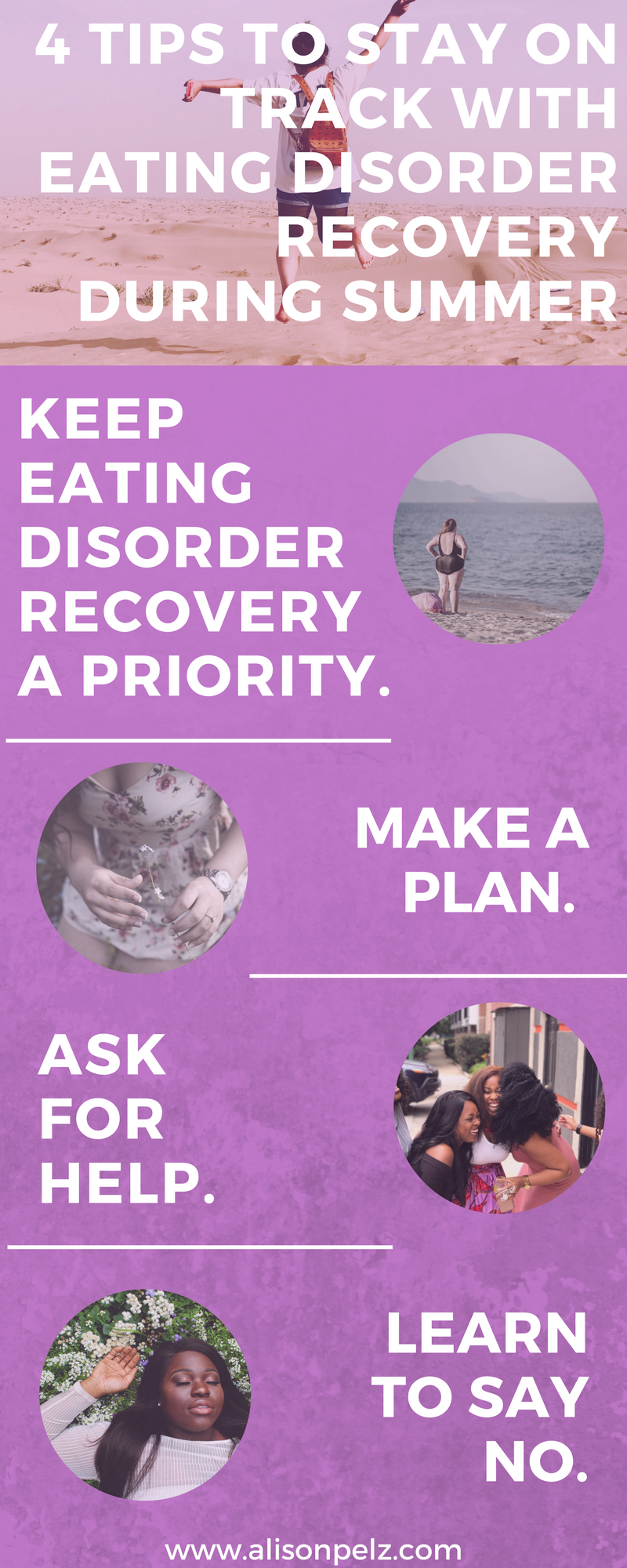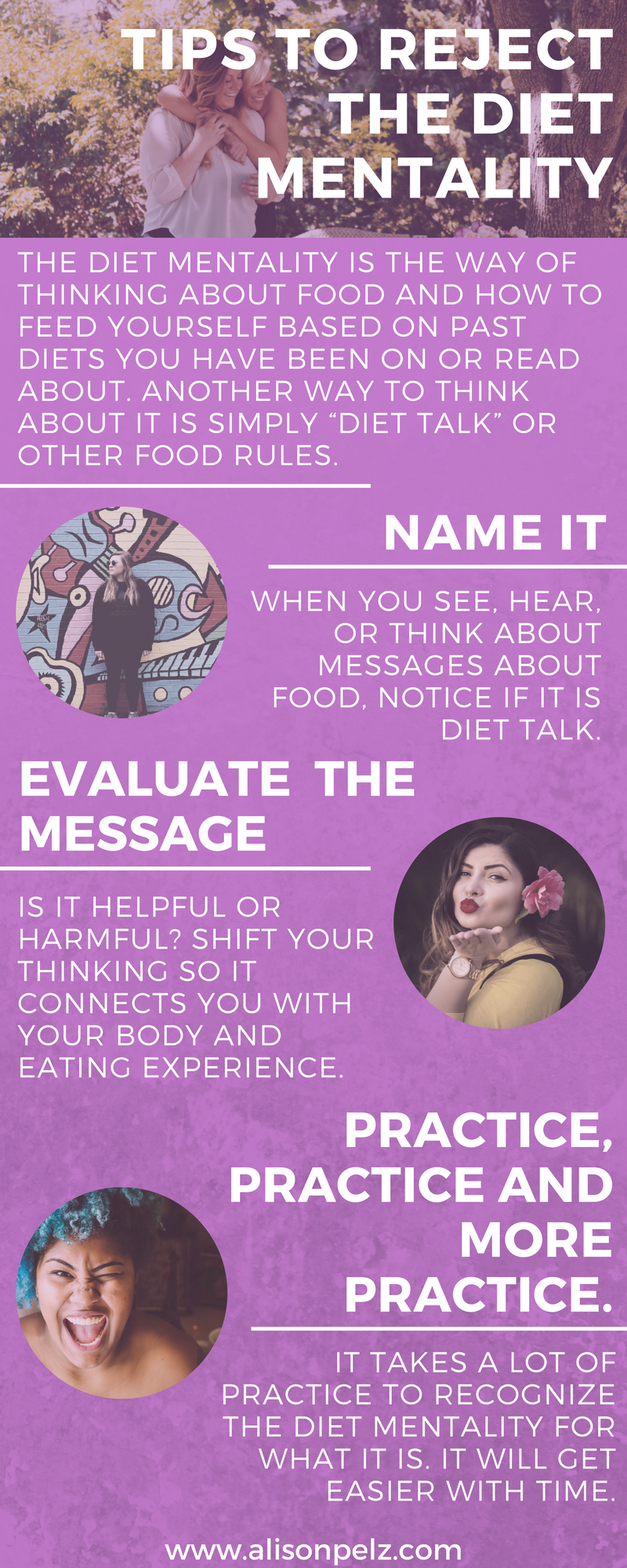Knowing what to do to help your loved one with an eating disorder can be confusing, worrisome and at times downright frustrating. But, you can’t just sit back and watch them suffer because you are concerned about their health and well-being.
You may feel like you don’t know what to say or do for fear of making their disorder worse. Or, you say well-intended words of encouragement only to result in a screaming match.
You are not alone.
You have probably heard the expression “Put on your oxygen mask before assisting others“, right? This rings true for caring for a loved one with an eating disorder. I am not suggesting that you don’t get treatment for your loved one with an eating disorder. But, taking care of yourself is a must.
This post is not going to tell you exactly what to say or do to make the eating disorder magically disappear. Instead, I’ll go over what you can do for yourself so you can be emotionally & physically available to support your loved one in their recovery.
Tips to support a loved one with their eating disorder:
Learn about eating disorders.
Oftentimes eating disorders are misunderstood, even by well-respected medical providers. Although eating disorders appear on the surface to be about food, they really aren’t. Eating disorders help the suffer manage stress, uncomfortable feelings and give a sense of control.
Learning about the particular type of eating disorder your loved one has, the medical and psychological factors associated with it most likely will leave you feeling less overwhelmed.
The Eating Disorder Sourcebook by Caroline Costin is a great starting point because it gives a comprehensive overview of eating disorders. Gurze Books is a publisher that exclusively publishes eating disorder books – they have books as well as workbooks. Lastly, the National Eating Disorder Association has a wealth of information on their website.
Encourage treatment.
Unfortunately, eating disorders don’t go away on there own. Often suffers initially don’t want to go to treatment because it can feel scary and overwhelming. Or perhaps they are in denial about having an eating disorder. Sufferers may try to recover from their eating disorder on their own, but it rarely works.
Adequate treatment is a must for full recovery. Treatment is important to reduce medical risks associated with eating disorders and even death (Anorexia Nervosa has the highest mortality rate of all psychiatric conditions).
To learn more about what treatment involves read Building a Treatment Team to Help Conquer your Eating Disorder and treatment options.
Practice Good self-care.
Self-care is more than just a mani-pedi or a massage. While those things may be part of your self-care routine, self-care means deliberate acts that you do to take care of your physical, mental and emotional health.
Examples of self-care could include: getting enough sleep, engaging in hobbies, spending time with friends, taking breaks, and setting limits at work and home.
Good self-care is needed by everyone but is particularly important to prevent burnout from caring for someone with an eating disorder. Furthermore, you are setting a good example by modeling good self-care for your loved one because self-care is a skill that is taught in eating disorder recovery.
Set boundaries.
In the literal sense of the word, boundary means a dividing line. Boundaries are often associated with dividing geographical space, for example, the boundary line between two countries.
In the world of psychology, boundaries mean the physical and emotional limits that separate your needs from others. Boundaries make us feel safe and teaches others how to treat us. Being honest about how you feel and asking for what you need (and don’t need) are signs of healthy boundaries. Setting firm boundaries can also help you manages stress, avoid burnout and improve personal relationships.
When someone struggles with setting firm boundaries it can leave the person feeling like a “doormat”, manipulated and used and erodes self-esteem.
I see all too often that caretakers take on too much, or feel they have to help control their loved one’s eating disorder behaviors. This is a lose-lose. This can make the caretaker feel exhausted and it doesn’t allow the person with the eating disorder to take full responsibility for their own recovery.
Just as with self-care, learning how to set boundaries is a key component in eating disorder recovery. So when you model firm boundaries you are helping your loved one!
Find support for yourself.
Having a loved one with an eating disorder can be challenging at times. Additionally, the course of treatment for an eating disorder can be lengthy. You probably have heard the phrase,”This is a marathon, not a sprint“. This certainly holds true for eating disorder recovery. According to the National Eating Disorder Association, recovery can take months and even years. Although there is no specific timeline for recovery my clinical experience informs that recovery takes at least a few years.
Finding support for yourself can help promote a healthy relationship with your loved one, reduce stress in the household or family and get unstuck from patterns of behavior that may be reinforcing the eating disorder.
Many parents, families, partners or spouses find it helpful to get professional support through support groups, group counseling or individual therapy.
Supporting a loved one with an eating disorder can be challenging, but can yield great rewards in your personal growth as well as your loved one.
I know I didn’t give you a cure-all to help your loved one recovery from their eating disorder. But, I hope a gave you tools to help manage your stress, worry and make you a more effective support person for your loved one.
Remember: taking care of yourself will help your loved one by leaps and bounds in their recovery!

